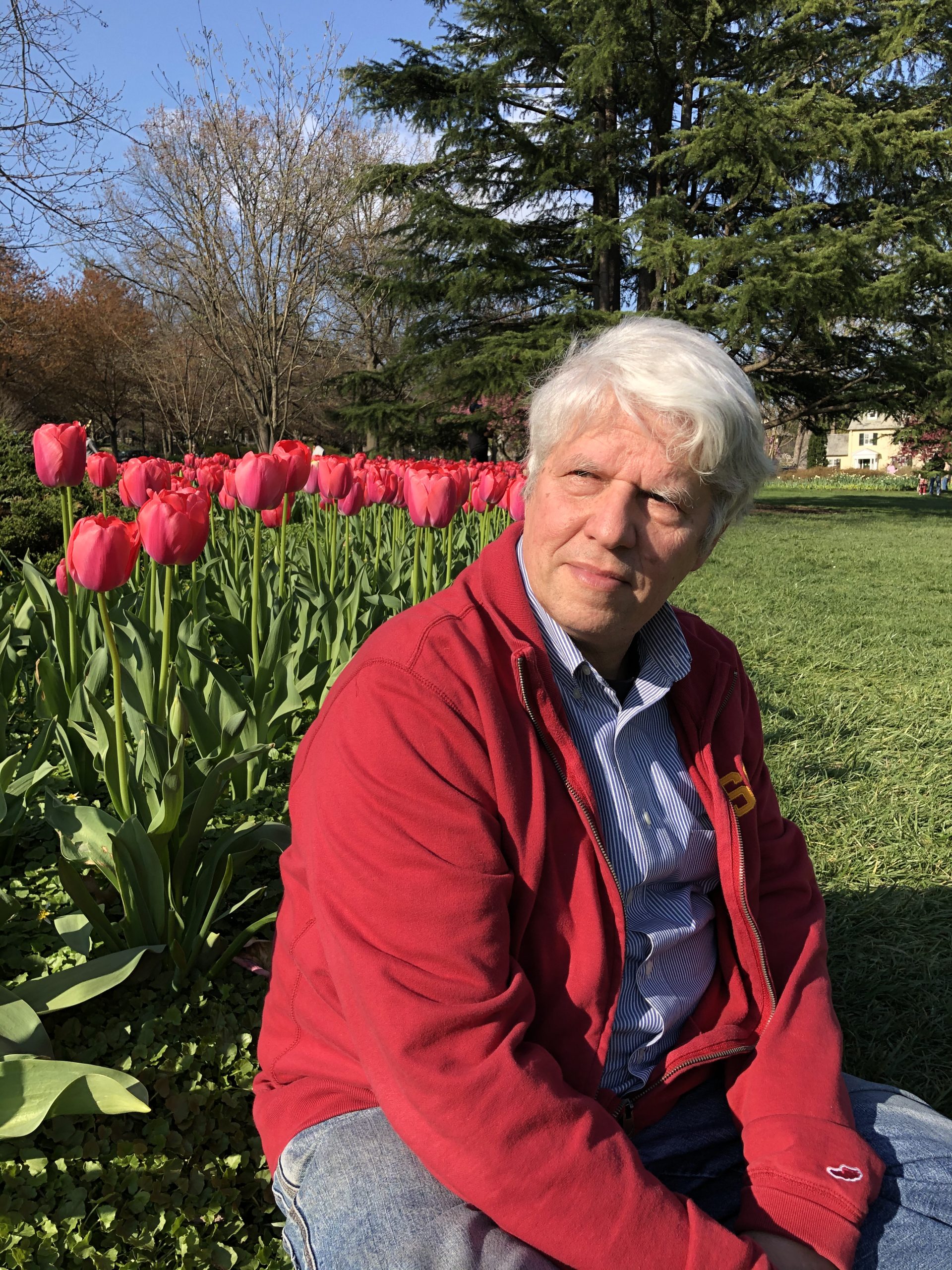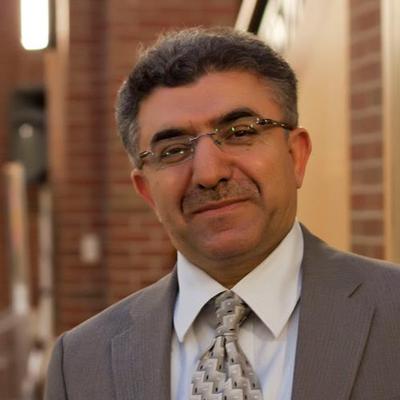The Qur’an often addresses Jews and Christians as “People of Scripture” to indicate that they have received revelation from God. Yet, while acknowledging the special relationship and knowledge that this revelation brings, the Qur’an at the same time criticizes the People of Scripture for not remaining true to God’s guidance and claiming special power over God’s gifts. The mixture of acknowledgment and criticism is based on actual encounters with Jews and Christians at the time of the revelation of the Qur’an. This Christian commentary on the 31 texts in which the Qur’an discusses and addresses the People of Scripture includes the Muslim tradition of interpretation of these texts and adds Christian resonances in order to contribute to the future dialogue between Muslims and Christians on the common heritage and the differences between them.
Speaker:
 Dr. Pim Valkenberg studied theology and religious studies in the Netherlands, where he was involved in the dialogue between the three Abrahamic religions at the Radboud University of Nijmegen where he worked for twenty years until he came to the United States with his family to work at Loyola University Maryland and, since 2011, the Catholic University of America in Washington D.C. His fields of specialization are comparative theology, interreligious dialogue, and Christian – Muslim relations. Among his publications are World Religions in Dialogue (2014, 2017), Renewing Islam By Service: A Christian View of Fethullah Gülen and the Hizmet Movement (2015), and Nostra Aetate: Celebrating Fifty Years of the Catholic Church’s Dialogue with Jews and Muslims (2016). His latest book is published in 2021 by Peeters in Leuven: No Power over God’s Bounty: A Christian Commentary on the “People of Scripture” in the Qur’ān.
Dr. Pim Valkenberg studied theology and religious studies in the Netherlands, where he was involved in the dialogue between the three Abrahamic religions at the Radboud University of Nijmegen where he worked for twenty years until he came to the United States with his family to work at Loyola University Maryland and, since 2011, the Catholic University of America in Washington D.C. His fields of specialization are comparative theology, interreligious dialogue, and Christian – Muslim relations. Among his publications are World Religions in Dialogue (2014, 2017), Renewing Islam By Service: A Christian View of Fethullah Gülen and the Hizmet Movement (2015), and Nostra Aetate: Celebrating Fifty Years of the Catholic Church’s Dialogue with Jews and Muslims (2016). His latest book is published in 2021 by Peeters in Leuven: No Power over God’s Bounty: A Christian Commentary on the “People of Scripture” in the Qur’ān.
Discussant:
 Dr. Zeki Saritoprak is Professor and the Bediüzzaman Nursi Chair in Islamic Studies at John Carroll University. He holds a Ph.D. in Islamic Theology from the University of Marmara in Turkey. Professor Saritoprak is the author of Islam’s Jesus (University Press of Florida, 2014) and over thirty academic articles and encyclopedia entries on topics in Islam. He has served as guest editor for issues of the journals Islam and Christian-Muslim Relations and the Muslim World. He is editor and co-translator of Fundamentals of Rumi’s Thought: A Mevlevi Sufi Perspective (in English; New Jersey: The Light, 2004) and the editor of a critical edition of al-Sarakhsi’s Sifat Ashrat al-Sa’a (in Arabic; Cairo, 1993). He is currently preparing a book on Islamic spirituality tentatively titled Islamic Spirituality: Theology and Practice for the Modern World.
Dr. Zeki Saritoprak is Professor and the Bediüzzaman Nursi Chair in Islamic Studies at John Carroll University. He holds a Ph.D. in Islamic Theology from the University of Marmara in Turkey. Professor Saritoprak is the author of Islam’s Jesus (University Press of Florida, 2014) and over thirty academic articles and encyclopedia entries on topics in Islam. He has served as guest editor for issues of the journals Islam and Christian-Muslim Relations and the Muslim World. He is editor and co-translator of Fundamentals of Rumi’s Thought: A Mevlevi Sufi Perspective (in English; New Jersey: The Light, 2004) and the editor of a critical edition of al-Sarakhsi’s Sifat Ashrat al-Sa’a (in Arabic; Cairo, 1993). He is currently preparing a book on Islamic spirituality tentatively titled Islamic Spirituality: Theology and Practice for the Modern World.
Full Event Video






